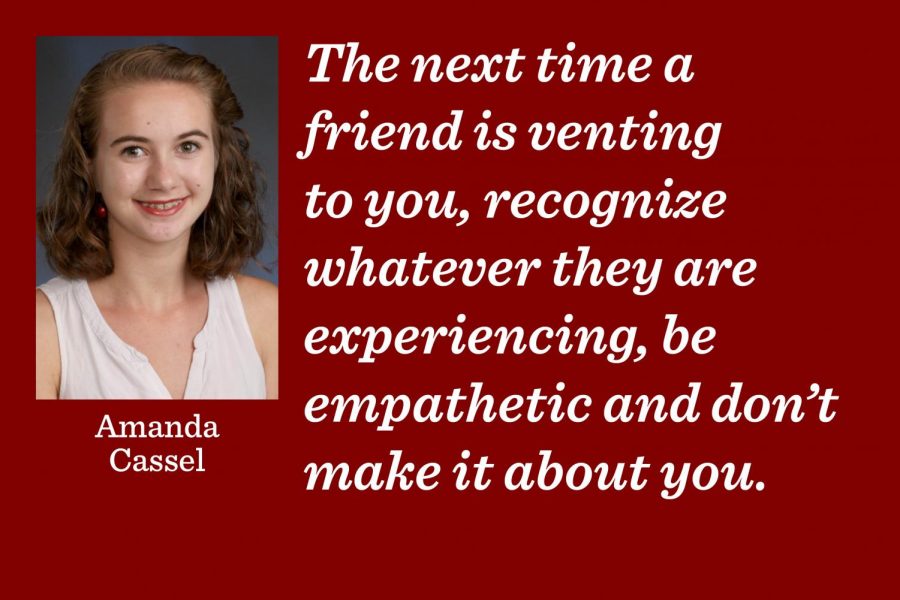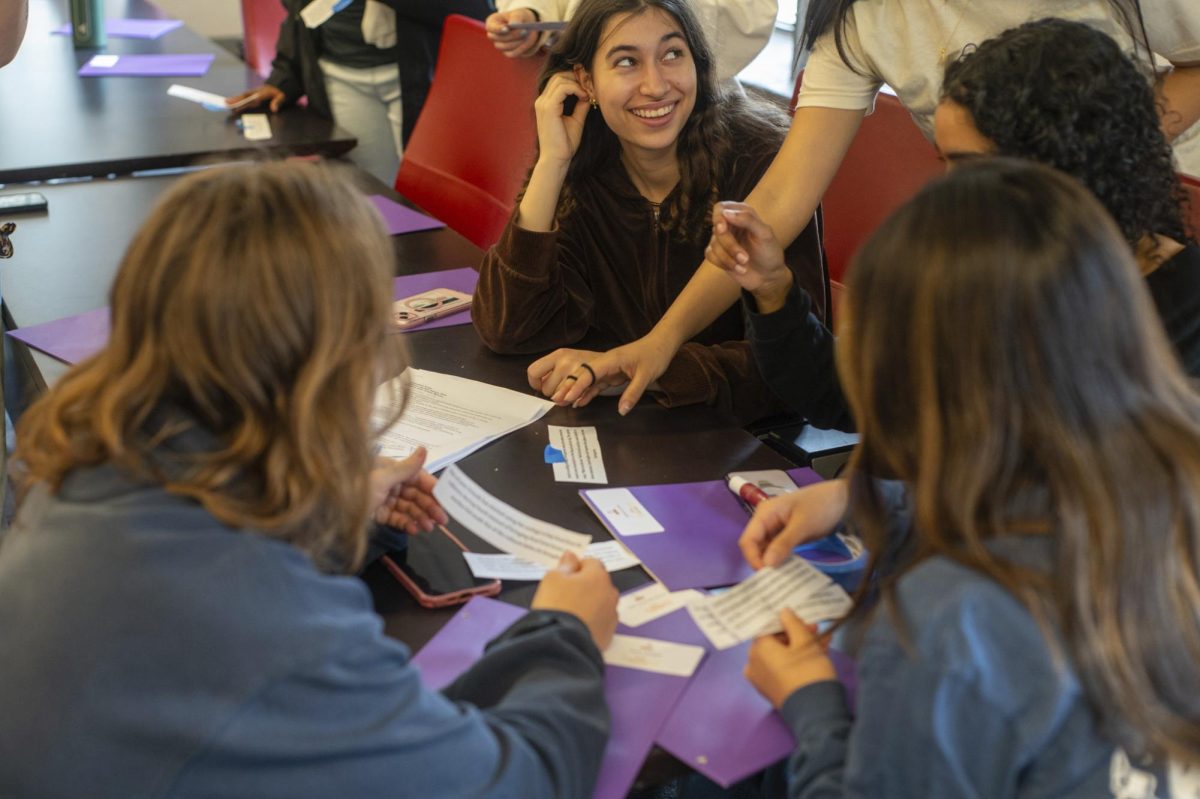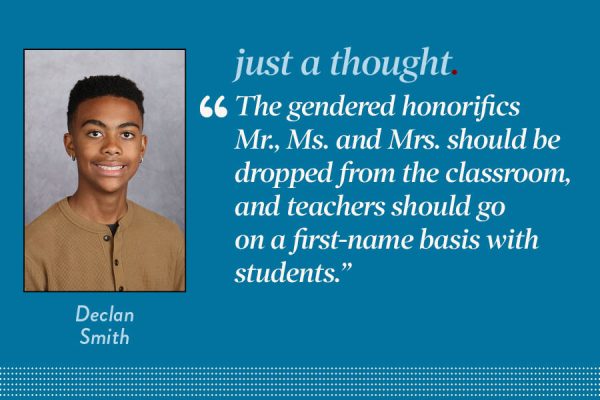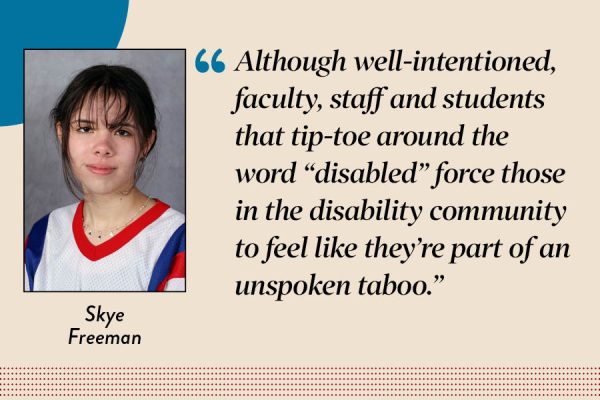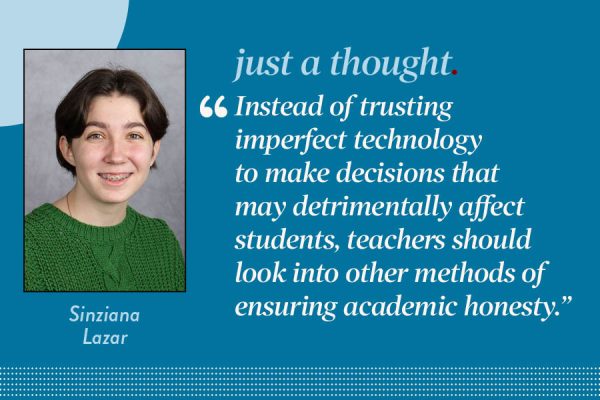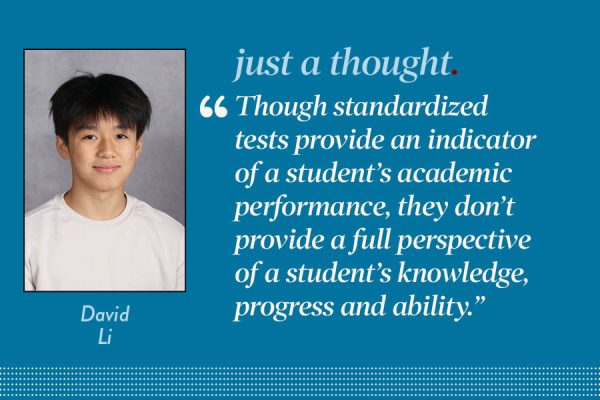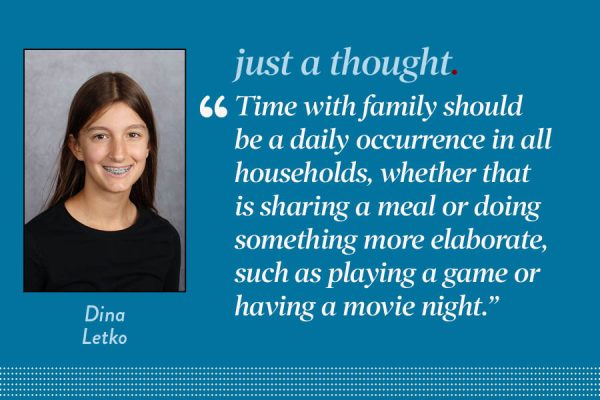Friends should exercise empathy, not competition
November 6, 2019
“I am SO tired. I went to bed at 2 a.m. last night,” Person A says. “Well, you think you’re tired? I went to bed at 3 and then got up at 5,” Person B says.
Looking at this dialogue, I can swap out amount of sleep for stress, busyness, anxiety, depression or any other variety of problems and still feel like its an example at U-High.
It’s obvious what’s wrong with it, yet somehow I have witnessed it, been Person A and, much to my own disappointment, been Person B.
As teenagers, now is the time to form the right habits in treating others, so we need to step up, be empathetic and hear people without feeling the need to compare ourselves or compete to be the “most troubled.”
Being students, it’s no surprise we’re tired, stressed and busy — just look at the wellness surveys.
Beyond that, it’s no surprise we look to our friends for help when the going gets tough.
But, it should be a surprise when we struggle to recognize our own friends’ issues without inserting ourselves into them.
It may feel like Person B is trying to make Person A feel as if they have a common experience, but it’s substantially better just to express that sentiment rather than bring in comparison.
I couldn’t count the number of times I have sat in a classroom where the teacher has told us to “listen to listen, not to respond.” It seems like the type of thing that is implied.
If we’re listening just to respond, we’re not listening at all. Even though listening is something we’ve been working on since we were little, we still struggle with it more than 10 years later.
Yet, Person A’s experience is still common, and this is a prime example of our failure to be empathetic.
Often, Person A is asking for help in one way or another. It may simply be a call for attention, but it is something notable enough for Person A to want to unload about and Person A has every right to do so.
Person B is then invalidating anything Person A says by comparing their own experiences and suggesting that their struggle is “bigger” and more relevant.
It may feel like Person B is trying to make Person A feel as if they have a common experience, but it’s substantially better just to express that sentiment rather than bring in comparison.
But really, it doesn’t matter how much Person B is sleeping in this scenario. It is an entirely separate issue.
Person A deserves to be recognized for whatever it is they are struggling with and get the support from their friends they deserve without feeling like it’s a competition to be the “most” troubled.
It seems simple enough, yet as teenagers, we still have this backwards notion that we have to speak our minds and constantly make the world aware of our every feeling. We don’t.
So, the next time a friend is venting to you, recognize whatever they are experiencing, be empathetic and don’t make it about you.
And if someone does the opposite to you, call them out on it because, most likely, they won’t have known what they were doing.



